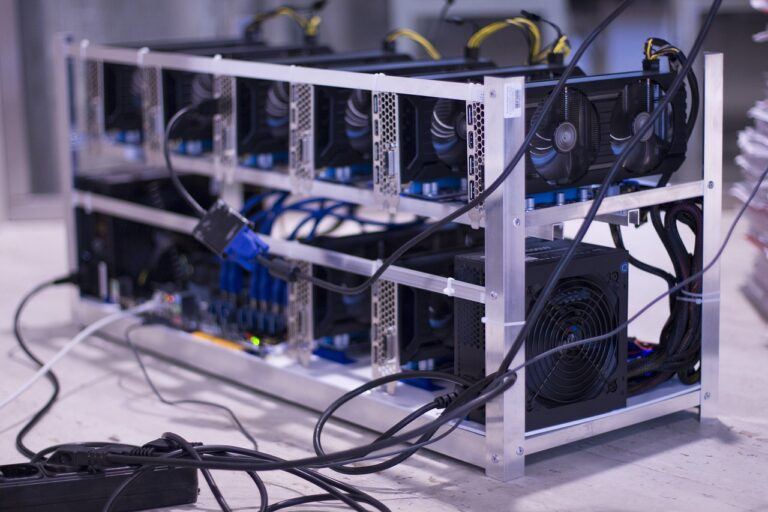Patrick Cines, a graduate from Penn State University, recently revealed he mined cryptocurrencies to earn a “passive” income throughout his undergraduate study program.
Cines described how convenient it was to “passively” earn digital money by noting:
It felt like passive income because when you're at school, when you're taking an exam or you're doing your homework, you're prepping or going to student meetings, it's still back in your dorm room making money for you.
Mining Crypto Generates “Unbearable” Heat
The Penn State graduated noted that there were some issues such as too much heat was being generated by his crypto miner. “It was unbearable… I had fans running, I had the window open”, he said.
In order to drive the hot air out of his dorm room, Cines said he bought dryer tubes and attached them to the front of his home-built crypto miner Notably, excessive heat, high electricity costs and consumption are not the only problems associated with crypto mining. There have been an increasing number of cases where crypto mining malware is being used to hijack the computing resources of unsuspecting users to maliciously mine.
Mike Banic, VP of marketing at Vectra, a security firm that develops software to detect malware stated:
Cryptomining is largely viewed as a nuisance attack because somebody else is downloading malware to a machine you own and using it to make money for themselves.
Banic added that hackers can potentially exploit heavy-duty mining machines to launch cyberattacks on individuals and organizations. Often, people don’t think about these issues, but when they happen “it becomes something that they do worry about,” the marketing executive noted.
Despite its associated risks, crypto mining has become common at college campuses. According to a study by Vectra, digital currencies were being mined at all 11 campuses the company visited. The security firm revealed university students were installing new mining hardware on college campuses up to four times a day.
This can be serious a problem because a user’s mining software interacts with computer networks throughout the world, which makes their system vulnerable to cyberattacks, Vectra noted.
Banic also commented on the severity of the attacks by stating that hackers can break into a student’s personal computer, and then attack their university’s network. According to Cines, there have been no such cases at Penn State so far.
Policies Prohibit Crypto Mining
The Penn State graduate believes the overall risk is low and said:
I think that's a separate vulnerability, and it goes more to the security that the schools have, or should have. I think mining itself does not open up schools.
Cines added crypto mining was his “personal introduction” to new financial technology and helped him better understand how a blockchain functions. Per his words it “definitely helped [shape] his college career.”
While Cines may have benefitted from crypto mining, which he said earned him a total of $10,000, Banic pointed out that it costs an average of $4,700 to mine one bitcoin. That’s 10% of the annual tuition at most private universities, the security expert noted.
Banic also said that the university was paying for Cines’ mining activities, while Penn State wrote in an email to CNBC that, “All members of the University community have individual and shared responsibilities to protect the University’s information assets.”
However, the university did not state anything regarding cryptocurrency in their email, presumably because it’s a fairly new trend. But other universities have caught on it seems, as Massachusetts-based Worchester Polytechnic Institute’s (WPI) acceptable use policy states that, “you can’t use institutional resources for personal gain, or for a crypto currency.”
Additionally, WPI uses specialized software which can trace mining activity down to a user’s IP address. If students are found mining crypto, they are called into the university’s IT office so a security officer explains mining isn’t permitted because it drains the campus’ resources.
Moreover, Vectra’s Banic said that crypto mining is not a problem just at universities. In fact, he revealed that, “Cryptomining is up 4.5 to 5 times. And it’s across every place. Forty percent of those locations are enterprise businesses.” However, “the right kind of endpoint software” can effectively shut down all mining activity on a computer, the security professional said.









